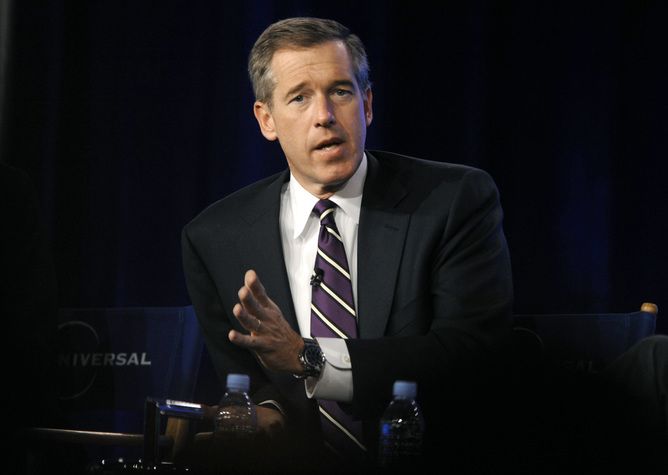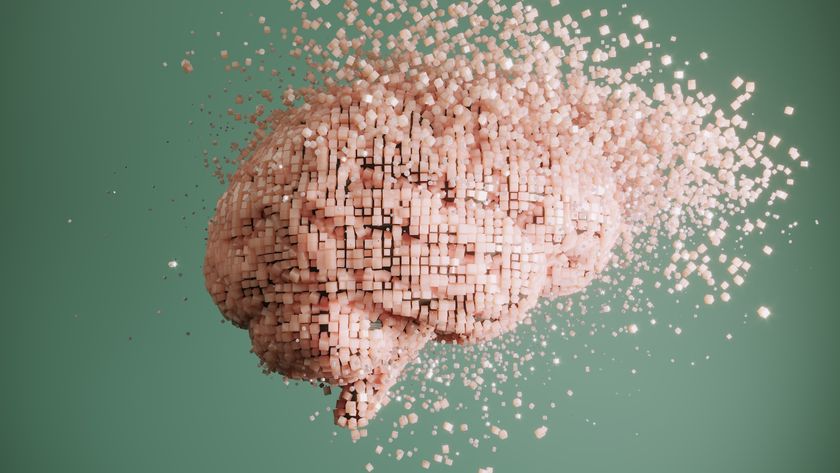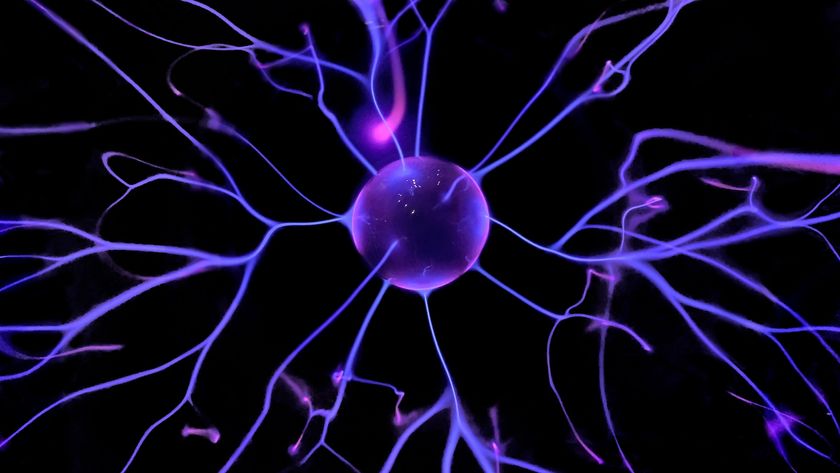
Why Brian Williams May Have Misremembered (Op-Ed)

This article was originally published on The Conversation. The publication contributed this article to Live Science's Expert Voices: Op-Ed & Insights.
Many of us have asked ourselves in the past few days: can you really falsely remember something as significant as being in a helicopter that was shot down? And many of us probably think “No way,” and quickly conclude that NBC news anchor Brian Williams invented this story to embellish his public image as a news anchor who put his life in danger.
But before condemning Brian Williams as a narcissistic liar, let’s take a closer look at what memory research has to say about false memories and memories of traumatic experiences. This work suggests it’s plausible that Williams is truthfully describing what he remembers.
Brian Williams correctly remembered the incident in Iraq shortly after it happened. At that time, he recounted being in a helicopter flying behind another helicopter that was hit by a rocket-propelled grenade. However, later, he “misremembered” being in the helicopter that was struck.

How is it possible to remember something initially and then change your account of the experience later on? You can imagine that being in a helicopter under Iraqi attack would be extremely stressful. This stress could have been further exacerbated by the fact that for some time while in the air, Williams probably didn’t know exactly what was going on or why his helicopter had to land. There was lots of uncertainty.
In times of stress, our attention narrows – we can only take in the crucial aspects of an experience, ignoring details that are not central to our survival. So Williams most likely already started out with a fuzzy memory. Given its traumatic character, we can assume that Williams recounted this memory many times in the weeks and months following the incident, frequently reactivating the memory, and potentially imagining different outcomes.
We know from research that memory reactivation makes memories temporarily fragile. Imagining something that didn’t happen but is related to what actually did happen can rather easily infiltrate our memories.
Sign up for the Live Science daily newsletter now
Get the world’s most fascinating discoveries delivered straight to your inbox.
And these distortions are more likely to occur with time. This can explain why eyewitness reports are so unreliable. In the aftermath of an event, especially a significant one, people ask questions, and make suggestions – and the way the questions are asked and what they suggest alters memories.
In a famous study, memory researcher Elizabeth Loftus showed people a video of an accident involving two cars. Later she asked subjects to estimate the speed of the cars at the time of collision and whether there was broken glass. Answers differed depending on whether the experimenter used the verb “hit” or “smash” in her questions, with the latter causing higher speed estimates and memories of broken glass – a false memory, because there was no broken glass in the video.
If you’re still skeptical whether Williams could have suffered an unintentional memory failure, consider new research by Julia Shaw and Stephen Porter. They were able to implant completely made-up rich false memories into ordinary people in a lab setting. Over as few as three interviews, they suggested to subjects that they had committed a crime in adolescence. Asking them detailed questions about the crime – which never happened – caused 70% of participants to believe that they had indeed committed the crime. Beyond just believing it, they remembered the made-up memory in as much detail as they remembered true memories from their past.
Additionally, most of us are quite confident that we remember important events – for instance, where we were and what we did when we first heard about the 9/11 attacks. It turns out that subjective confidence is a very bad indicator of memory accuracy. Despite our subjective feelings of accuracy, these “flashbulb memories” are subject to forgetting and distortion just like any other memory.

What does all this tell us? Our memories are not like videos stored away in the library of our brain, waiting to be replayed. Instead, our memories are always reconstructions and, as such, highly malleable.
All that being said, it could of course also be the case that Brian Williams intentionally told the story wrong. Although many people have jumped to this conclusion, it contradicts commonsense. Why would he change his account after he had originally told the truth in public, and despite knowing that there were several witnesses to the event? As a news anchor, he is all too familiar with the dangers of false reporting. Rather than the fog of war, the vagaries of memory are likely to blame in this controversy.
This article was originally published on The Conversation. Read the original article. Follow all of the Expert Voices issues and debates — and become part of the discussion — on Facebook, Twitter and Google +. The views expressed are those of the author and do not necessarily reflect the views of the publisher. This version of the article was originally published on Live Science.













